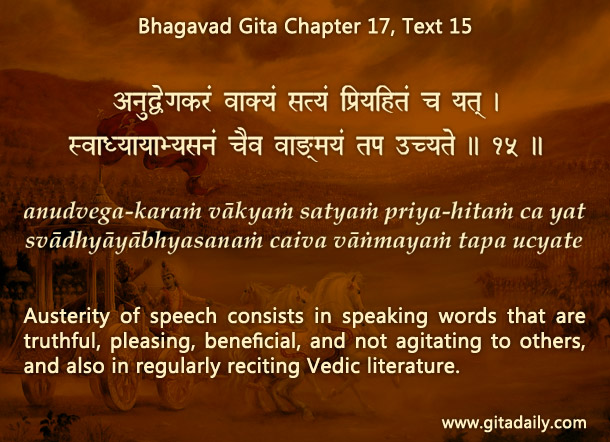We all sometimes dream of situations in which we act bravely and offer great help, even life-saving help, to someone in need. Whenever we think about courage in these terms, we often think about extraordinary situations wherein we may risk our life to do something stunning, say, jump in front of a speeding truck to rescue a child on the truck’s path. Such courageous acts are laudable and special, and human society would definitely be much better if more people acted with courage.
Still, the opportunities for displaying such courage are unlikely to come too frequently in our daily life. If we want to be courageous on a regular basis, we need to expand our conception of courage. For example, it takes courage to stay true to our principles: to turn down the many excuses, temptations, and distractions that can be used to prefer convenience over principle. Consider a relationship that is important for us. We need courage to stay faithful in that relationship, being responsible and responsive and reasonable, without giving in to apathy or familiarity or sentimentality. Suppose we are faced with a difficult discussion about a delicate subject that is important for both of us. It’s easy to choose shortcuts: we can blame the other person and play the victim card; or we can pamper the other person and let the relationship reduce to a shallow shell without much meaningful connection. We need courage to address the issue by both taking a hard look at our own actions and by politely yet candidly voicing our concerns about the other person’s actions. Pertinently, the Bhagavad-gita calls for the courage to speak the truth, and speak it palatably, so that both parties are benefited (17.15).
It is vital that we don’t undervalue such inconspicuous examples of courage because the opportunities for such courage come aplenty and often go abegging. If we can tap such opportunities even slightly, they can substantially improve the quality of our choices and eventually the quality of our life. And if we can tap them regularly, they can make our life deeply meaningful and fulfilling — far more than what might happen if we reserve the expression of courage to moments of great danger.
Summary:
Courage in the presence of danger is special, but courage in the absence of danger is what makes life special.
Think it over:
- How does our conception of courage often limit our opportunities for acting courageously?
- How can we expand our conception of courage? Why is such expansion important?
- Think of one area in your life where you can act courageously in the absence of danger.
***
17.15: Austerity of speech consists in speaking words that are truthful, pleasing, beneficial, and not agitating to others, and also in regularly reciting Vedic literature.
Audio explanation of the article is here: https://gitadaily.substack.com/p/courage-in-the-absence-of-danger

To know more about this verse, please click on the image



Leave A Comment